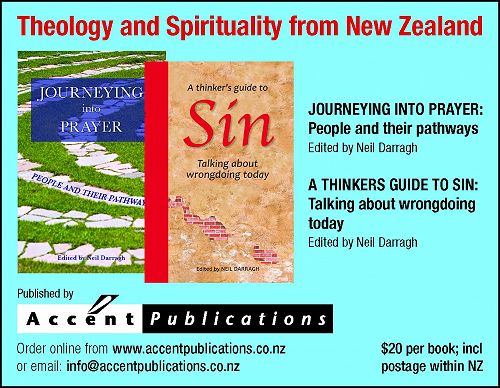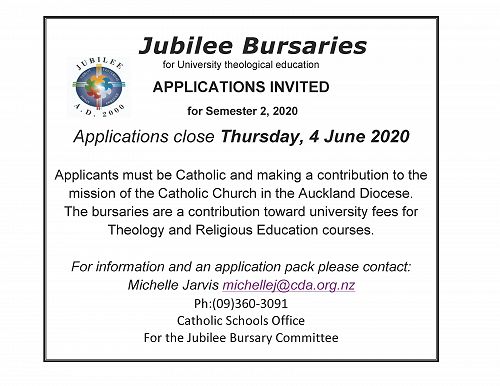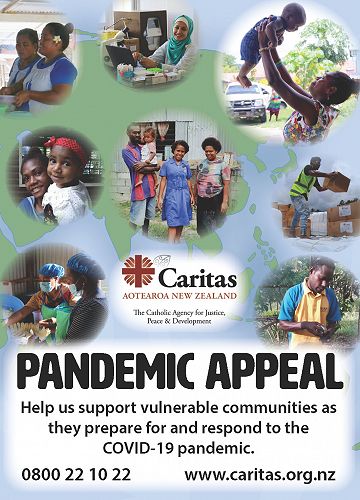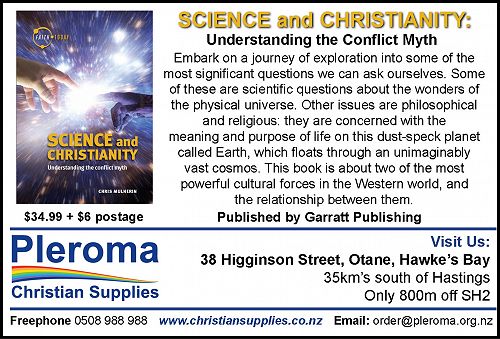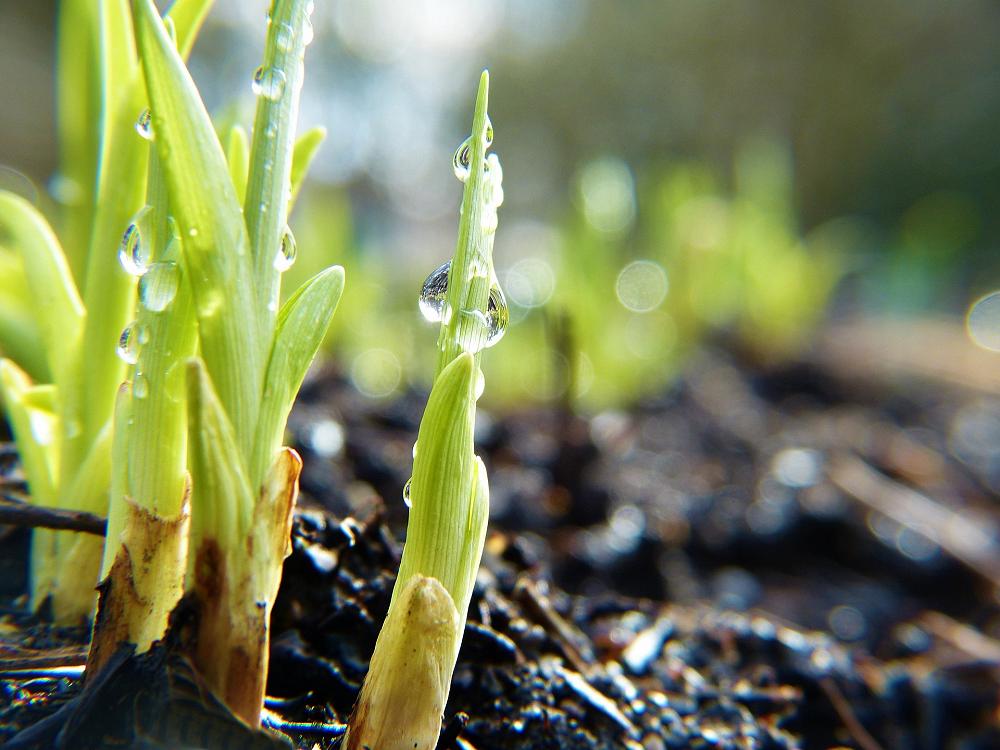
SCRIPTURE: I Am Sending You
Elaine Wainwright suggests how the readings for Pentecost Sunday can encourage us to work together for Earth in this COVID-19 world.
We are an Earth community threatened by a global pandemic. The word “unprecedented” — seldom heard before the outbreak of COVID-19 — is now on many lips. It is used descriptively, informatively and as a warning that the changes sweeping our planet can be addressed only by a new form of global collaboration.
We see signs of change emerging as political leaders collaborate across physical and ideological barriers and members of the numerous grassroots communities take care of one another. Medical professionals are working tirelessly to care for the sick and dying and to find an antibody for the disease.
And it is “unprecedented” that all Christian churches were empty through Holy Week and Easter, and will remain so during the pandemic.
This is the unprecedented context in which we dialogue with the biblical passages for Pentecost Sunday. We can interpret them from an ecological perspective informed by our current global context of this deadly pandemic, COVID-19.
Psalm 104
In Psalm 104:30 we read: “When you send forth your spirit they are created and you renew the face of the ground.” The community response is: “O God, send out your Spirit and renew the face of the earth.” What we need and pray for earnestly is the Spirit of God renewing the planet. Earth’s suffering is caused by the human community which, in turn, is suffering sickness and death caused by a virus. The psalmist who knows the depth of human suffering and the depth of God, acknowledges God’s presence and care for the community in critical suffering: “If you take back your Spirit they die… [but if] you send forth your Spirit you renew the face of the earth.” Earth and all those for whom it is home await this renewal in hope.
Acts 2:1-11
In Acts 2:1-11 Luke tells of the coming of God’s Spirit as promised by Jesus when he was with his disciples. The coming is told in material terms. The apostles are gathered at a time — the Jewish time of Pentecost — and in a place — a room. The Spirit is present and at work at this time, in this place and through the people who will manifest the Spirit, speaking in their own tongue and being heard by each listener in their own language. The outpouring of the Spirit is a communal event and it creates community.
We have different spirits at work globally at this time of universal threat and we hear many voices. We’re experiencing a tsunami of information and struggle to hear in our own tongue what is happening, as did those present at the first Pentecost experience. Hearing in our own language breaches boundaries of language, ethnicity and country of origin. The writer of Acts says that the Spirit is the source of the extraordinary happenings. We need the same Spirit now so that our communities and nations can hear the truth about a way forward in our own language.
I Corinthians 12: 3-13
Paul proclaims the Spirit in 1 Corinthians 12:3-7; 12-13. The Spirit is the source of the many different ministries in the Corinthian Church, “working in all sorts of different ways in different people”. And the collaboration of people in ministries is like the collaboration of the various parts of the human body: “Just as a human body, though it is made up of many parts, is a single unit, so it is with Christ”. We know that the unity and diversity that Paul saw as manifesting the Spirit, is alive and active in our unprecedented time.
Around the world front line health workers are focused on saving lives. We recognise all the essential workers who keep our towns and cities functioning. And we encourage our governments to respond to the crisis collaboratively for the sake of all people. We can share Paul’s insight that “the particular way in which the Spirit is given to each person is for a good purpose” and is being used for such good purposes in our time. Some of us have contributed by working in hospitals, supermarkets and pharmacies — others have done their part just by staying at home.
As for the Acts reading, time (evening on the first day of the week) and place (the room where the disciples were) ground the post-resurrection story in John 20:19-23. The evangelist tells how Jesus, who had been crucified and buried one week earlier, comes and stands among his disciples gathered in a closed room and shows them his hands and side. The wounds confirm Jesus’s identity for the disciples and for readers they emphasise the presence of the Risen One — the disciples can see and hear it is Him.
The risen Jesus missions the gathered disciples: “As I have been sent, so now I am sending you.” And he empowers them by breathing forth the Spirit — the Spirit named as “holy”. This is both restoration and proclamation. The relationship between Jesus and the disciples is restored by the breathing forth of the Spirit and they are commissioned to continue the work of Jesus. Breath and breathing, spirit and holy permeate this account of post-resurrection. And, now, we are invited into the experience it is creating in our time.
Tui Motu Magazine. Issue 248 May 2020
Readings for Pentecost Sunday 31 May 2020.
Gallery
